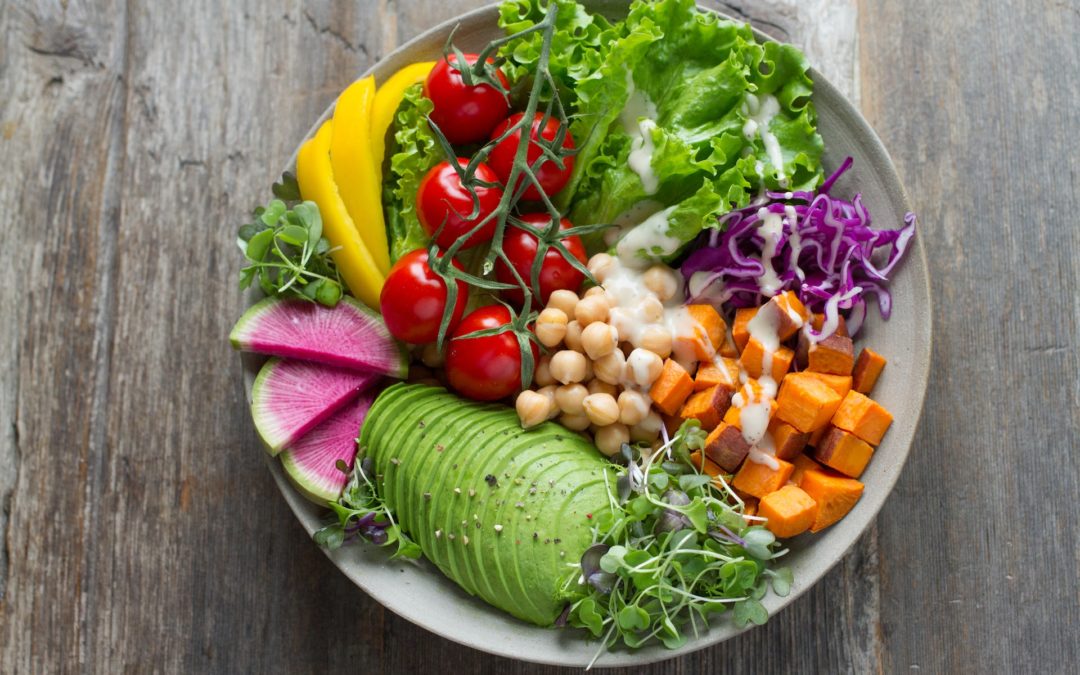Navigating the Shifting Landscape of the Food Industry: Unforeseen Trends Shaping the Future of Food
The dynamic and ever-evolving food industry is poised for transformative changes in the coming decade. While we can anticipate continuing existing trends, such as the rise of plant-based alternatives and the increasing demand for improved nutrition, several counterintuitive and unexpected developments are likely to emerge.
My thoughts on the coming decade come from daily engagement with many people in the food industry and deep involvement in consumer research.
My insights are based on listening, observing, and hypothesizing from within many food and beverage boardrooms. And after more than forty years in the business, I have learned to follow the signals, not the noise.
“The food industry is headed for a major disruption.”
Mathew DiFiore, Morgan Stanly
Morgan Stanley analyst Matthew DiFiore, in a recent report on the food industry, said that the industry is “ripe for disruption” and that “the next ten years could see more change than the past 50.”
#1 – The Return of Home Cooking
Home cooking might seem outdated in an era of convenience and rapid technological advancements. However, a resurgence of interest in home-cooked meals is expected to gain momentum in the next decade.
Several factors will drive this trend:
- A growing awareness of the health benefits of home-cooked meals
- A desire for greater control over food ingredients and preparation
- A renewed appreciation for the culinary arts.
But I believe the most compelling reason home cooking will be increasingly important is the desire for conversation, connection, and community. A well-prepared meal offers the emotional nourishment many crave in a home’s quiet setting. Cooking together with friends and family can be deeply rewarding.
I anticipate that home-prepared meals will offer an attractive counterbalance to loud restaurants where the experience becomes less enjoyable. There is something deeply powerful about cooking together that is an easy way to bring emotional and physical nourishment into your home.
“We need to rethink our entire food system.”
Dan Barber
Chef and food activist Dan Barber has said that “we need to rethink our entire food system” and that “we need to produce food in a way that is sustainable and healthy for both people and the planet.”
#2 – Hyper-Localized Food Production
The global food system faces increasing challenges, including climate change, supply chain disruptions, and environmental concerns.
In response, we can expect a shift towards hyper-localized food production, where food is grown and consumed within a small geographical area. This trend will be driven by a desire for fresher, more sustainable, and ethically produced food.
Food and packaging that requires extended shelf life works counter to health and nutrition trends. Imagine farmers’ markets improving their ability to supply and deliver closer to home beyond the once/week local stands.
The larger food companies must mass produce and homogenize their offerings. However, an appetite for the hyper-local will only grow with businesses that support the needed distribution, infrastructure, and capital needs. Eating local will be aided by new technology that a younger generation strongly desires.
“If you take a global perspective on food delivery, it’s still very nascent… We are probably in the early innings to mid-innings of food delivery, if not just the starting gate.”
David Fried, CEO of Hungry House (Food Delivery Platform):
#3 – Personalized Nutrition for Optimal Health
The concept of personalized nutrition, tailoring food recommendations to an individual’s unique genetic makeup, lifestyle, and health goals, is expected to become increasingly prevalent in the next decade.
Advances in genetic testing, artificial intelligence, and wearable technology will drive this trend. When technology can signal that you are low in amino acids, need more vitamin D, or should eat some leafy greens to boost immunity – the nutritionist in the pocket will spark slow and gradual improvement and change to diet.
The intersection of nutrition and health will only expand as food and pharma want to find unmined opportunities to deliver wellness. And with an aging population, you can see where products for seniors will attract investment.
Personalized Nutrition and DNA-based Diets: The advancement of personalized nutrition based on individual DNA analysis could revolutionize how people approach their diets. By analyzing a person’s genetic makeup, companies can provide tailored dietary recommendations considering factors like metabolism, allergies, and nutrient absorption rates.
And, there is significant capital investment in start-ups. Here is an interesting article on some new companies exploring the future of food systems, focusing on fresh food sources and finding ways to leverage technology.
Data-Driven Insights: Shaping the Future of Food
Other trendlines that will continue and expand in the coming decade include:
- Data-Driven Farming: Integrating data and technology into agriculture will revolutionize food production, increasing efficiency, higher yields, and a more sustainable food system. This technology will work for local farmers and the more giant farm agribusinesses.
- Personalized Food Packaging: Food packaging will become more personalized, incorporating smart labels that provide real-time information about food freshness and nutritional content. Labels that change from green to red will warn consumers of products beyond their shelf life.
- Food Traceability: Blockchain technology will be used to create a transparent and traceable food supply chain, ensuring food safety and providing consumers with information about the origin and production of their food.
- Reducing unhealthy food and beverage consumption: Non-alcoholic beverages, beer, spirits, and wine aren’t a fad – but a trend. The desire of an aging population to enjoy flavor and taste – but without the adverse effects of alcohol will continue to expand.
Conclusion
The food industry is on the cusp of a transformative decade characterized by counterintuitive trends and disruptive innovations.
These changes will redefine how we produce, consume, and experience food. By embracing these trends and harnessing the power of data and technology, we can create a more sustainable, equitable, and nourishing food system for the future.
And with ever-rising healthcare costs, food as medicine will only accelerate in importance.
” I believe that a large, untapped area of opportunity in the food industry lies in making food more sustainable, convenient, and affordable.”
Charles Chen, Founding General Partner at Andreessen Horowitz
What trends do you see in the coming decade for the food industry?
You can set up a time to chat with me about your marketing challenges using my calendar. Email me jeffslater@themarketingsage.com Call me. 919 720 0995. The conversation is free, and we can explore if working together makes sense. Watch a short video about working with me.
Photo by Anna Pelzer on Unsplash
.





